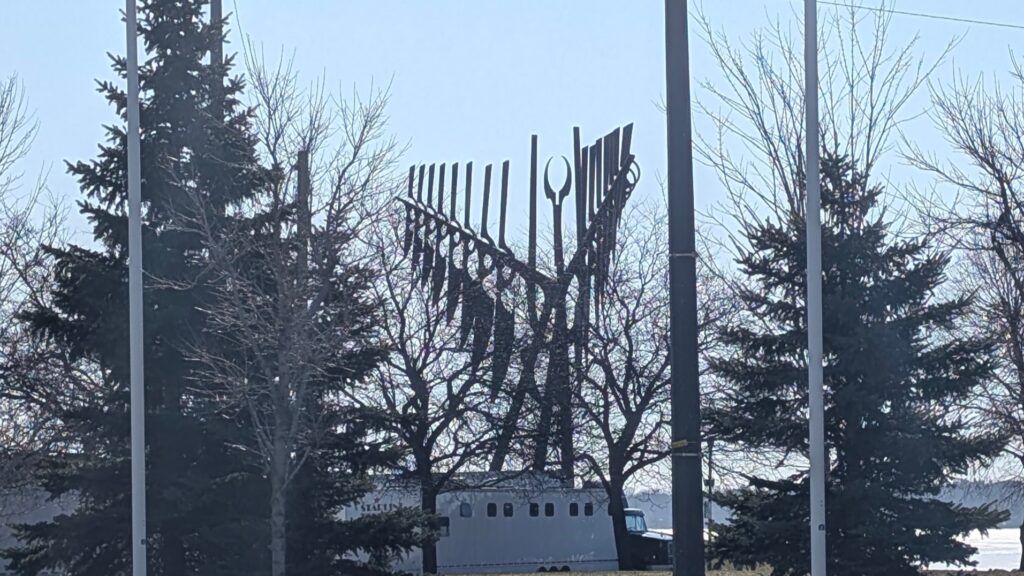Fifty-five per cent of Canadians say the country is making progress on reconciliation. But does that optimism echo in the voices of Indigenous Peoples themselves, or does it mask a deeper disconnect?
A decade has passed since the Truth and Reconciliation Commission released its final report, urging Canada to confront uncomfortable truths and chart a new course with Indigenous Peoples. In 2025, a Leger poll commissioned by the Association for Canadian Studies has surfaced, taking the pulse of Canadians on the question of reconciliation. The numbers offer a snapshot but raise a sharper question: are these views shared by those most impacted?
The poll, conducted online with 1,580 respondents, found that a majority—55 per cent—believe Canada is making good progress on reconciliation. That optimism varies with age: only 40 per cent of those aged 18 to 24 agree, while 67 per cent of those over 65 feel the same. Trust emerges as another thread; younger Canadians report the highest trust in others, yet trust in Indigenous Peoples fluctuates by region, with the highest figures in Nova Scotia and Ontario, and the lowest in Saskatchewan and Manitoba. Pride in Canada’s history closely follows these patterns, with older Canadians and francophone youth reporting higher levels of pride, which correlates with a greater sense of progress on reconciliation.
Yet, beneath these statistics lies a crucial caveat. Only 47 respondents self-identified as Indigenous—a sliver too slim to draw meaningful conclusions about Indigenous perspectives. As Jack Jedwab, president of the Association for Canadian Studies, cautioned, “We need to be more attentive to that diversity in terms of drawing conclusions about the views of Indigenous Peoples.” The poll, then, becomes a mirror reflecting settler sentiment more than a window into Indigenous experience.
This gap matters. When non-Indigenous Canadians report optimism about reconciliation, but the voices of Indigenous Peoples are statistically drowned out, the country risks mistaking perception for progress. The Truth and Reconciliation Commission’s calls to action were not mere checklists; they were invitations to relationship-building, mutual respect, and, above all, listening. If the pulse of the nation is taken without an Indigenous heartbeat, have we truly measured anything at all?
There is, perhaps, a foundation for hope. Jedwab notes that Canadians’ sense of progress “suggests there’s something to build on with respect to the relationship.” But building requires more than optimism—it demands that Indigenous perspectives are not a footnote, but the cornerstone. Only then can reconciliation move from poll numbers to lived reality.
What do you think of these poll results?
References:
Most Canadians think the country is making progress on reconciliation: poll

